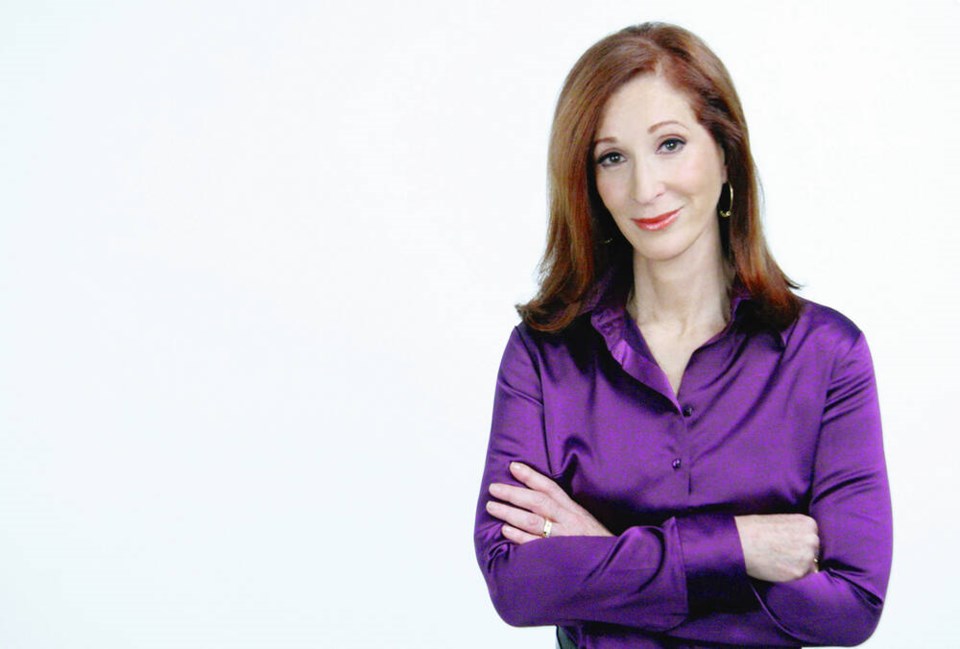Dear Ellie: I’m a woman age 30 who thought my life was on a wonderful track to happiness. My boyfriend and I dated for a couple of years, lived together for three more years before getting married. My life and our future felt fantastic.
I’ve now been married for a year, but already it feels as if he’s a changed person. He won’t let me own a car, because he “doesn’t trust me behind the wheel,” especially if we ever have kids.
It doesn’t make sense because I already had my own car for five years before we got married. And my father had given me a car years before, when I was travelling to university and a job.
Now, I’m living with a controlling husband and wondering what to do. I called a counsellor but my husband refused to consider attending even one session, claiming there’s “nothing wrong” in our marriage, and how lucky I am!
I did some sleuthing and asked the ex-girlfriend of one of my husband’s friends whether she’d ever seen that side of my husband’s behaviour. She said she’d wondered when I’d “see the light.”
I don’t know what to do with that information. Do I see a therapist on my own, or meet with a divorce lawyer?
Or do I try to work things out with the man I’ve loved and trusted for five years, but who now makes me unhappy, nervous and insecure in my first year of being married to him?
Married a Stranger
The answers to some of your questions already exist in your own mind: e.g., tell your husband how you feel. Then discuss and work together on what sounds like a gap of trust and security between you.
Also, seeing a professional therapist on your own could help clarify some of what’s changed so much within the short period of marriage.
And seeing a marriage counsellor together, if he’ll attend, could be more helpful as you each discuss aloud some of the feelings about changes in the relationship.
But if you can’t tolerate the current atmosphere any longer, then yes, talk to a divorce lawyer to understand the process and the pitfalls, before making a firm decision.
Dear Ellie: My friend tells big stories, many of which sound untrue. I don’t call her on it in public, because she brings a fun atmosphere to a gathering.
But sometimes she goes too far. She’ll suddenly reveal a personal story about someone she once worked with, and the rest of us in the room sometimes wonder if she tells our personal stories, too.
She thrives on the outrageous surprise factor in most of these tales, which makes them hard to forget.
I’ve been caught myself, reacting to meeting someone she’d once talked about, and me saying: “Oh, are you the person my friend told me had that crazy whirlwind weekend in Cannes?”
Oops. I didn’t know her husband had never heard about it.
So, I’m asking for advice: Do I avoid a friend who tells stories that can cause me more trouble than laughs? Do I never repeat one of her hilarious tales in case the actual person described is present?
When Laughter Isn’t Funny
This is about gossip more than laughter. The former is negative, and always hurts someone. It’s not fun, it’s intentional abuse, with the weak excuse that “it’s in the past.”
Not so. Gossip has a long lifespan, and worse: It easily morphs into exaggerations and lies. Find a friend who laughs only at herself.
Ellie’s Commentary “For many years, I’ve published letter-writers’ questions and my responses, plus readers’ commentaries and feedback, with an aim of creating thoughtful conversations and exchanges between writer and reader about the relationship issues so many people care about.
“It’s been a frequent exchange between me and the columns’ readers (and now includes my daughter Lisi’s similar conversations in her own advice columns).
“The one aspect of this exchange that has unfortunately saddened me in recent years, has been periodic gratuitous and unfounded negative commentary against women, along with an erroneous belief of bias against men.
“Both attitudes are wrong. Personally, I love and respect the men in my life, my work and personal friendships, and the thoughtful, striving men whose work and interests help make our world a better place.
“We’re connected by the mutual needs, of men and women alike, for caring and respect for each other.”
Ellie’s tip of the day
When marriage suddenly changes the relationship negatively, talk about it together, and with professional help if needed.
Send relationship questions to [email protected] or [email protected]



